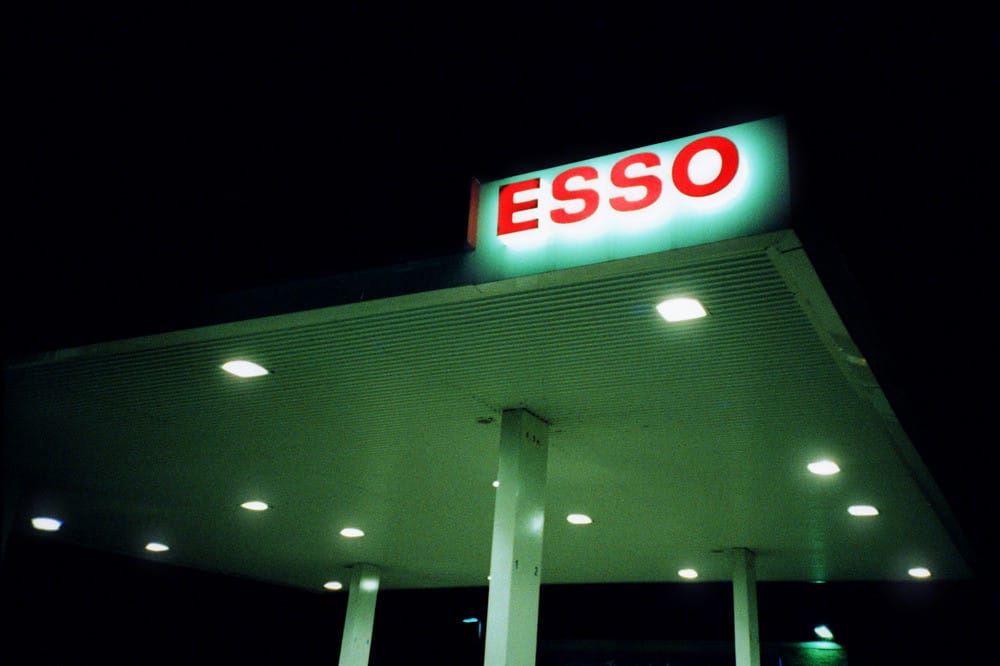Brexit and Covid-19 Wreak Havoc as the UK Faces an Unnerving Fuel Crisis

By Devashree Juvekar, MA Global Media and Communications
Fuel prices in the UK reached the highest level since 2013 as the average price of a litre of unleaded reached 135-13p in August this year. In the first week of September 2021, the average petrol price at UK forecourts was 136.1p a litre. The price of diesel rose to 139.2p.
The hike in price is attributed to the rise in global demand for fuel as economies emerge out of lockdowns. In the United Kingdom, however, the situation was particularly dire and forced the government to deploy the army to combat the crisis of fuel shortage.
“What has been tagged as a shortage of fuel is in reality a ‘shortage of labour’.”
Gas stations across the UK witnessed long queues of people anxiously waiting to fill up their cars. As many as two-thirds of the Petrol Retailers Association’s and nearly 5,500 independent retail outlets ran out of fuel in the last week of September 2021, with the rest following soon. However, what has been tagged as a shortage of fuel is in reality a ‘shortage of labour.’
The Road Haulage Association (RHA) said that as of September, there was a shortage of more than 100,000 lorry drivers from a pre-covid total of approximately 600,000. The shortage of heavy goods vehicle (HGV) drivers has disrupted supply chains of fuel and food industries, causing ripple effects in gas stations, grocery stores and restaurants. This shortage in lorry drivers came about due to a number of reasons.
Given the lockdowns because of the pandemic, travel became increasingly restricted last year as large parts of the economy shut down. Many European drivers went home and haulage companies say very few have returned. The pandemic also generated a large backlog in HGV driver tests making it difficult to get enough new drivers up and running. Making things worse is Brexit.
Many European drivers who went back home or decided to work elsewhere are unable to return due to new immigration rules. When the UK was part of the single European market, they were able to come and go as they pleased. New bureaucracy and the decline in the value of the pound against the euro since the Brexit vote has made it less attractive for EU nationals to work in the UK.
Since Brexit, Britain has imposed checks on goods coming from the EU, delaying transportation. As many drivers are paid by the mile rather than by the hour, these new policies create delays that cost them money. Making this worse are the tax changes that have made it more expensive for drivers from elsewhere in Europe to work or be employed in the UK.
Haulier companies said that the average age of HGV drivers in the UK is 55 and many of them are now retiring. They also expressed the need for better facilities for long-distance drivers to use and recognition that they are a vital part of the economy.
To combat this issue, the Boris Johnson government introduced a temporary visa scheme, whereby 5,000 visas will be issued for foreign drivers making it easier for them to work in the UK. The scheme is set to run for three months, ending on Christmas eve. The government has also suspended the competition law. This will allow oil firms to target fuel deliveries at petrol stations following recent panic buying.
It will allow companies to share information and prioritise parts of the country most in need, working together to minimise disruption. The government has also confirmed plans to speed up the process of obtaining an HGV driver licence. The government will make up to 50,000 more HGV driving tests available each year, shortening the application and testing process. The most drastic step of all was the deployment of around 200 military personnel as part of Operation Escaline to help ease fuel supply constraints. Almost 200 servicemen and women – 100 of them drivers – provided ‘temporary’ support.
However, the industry is sceptical if the measures taken by the government will actually help the fuel crisis. Brian Madderson, the chairman of the Petrol Retailers Association, said that the use of the military ‘isn’t going to be the major panacea. It’s a large help but in terms of the volume, they are not going to be able to carry that much. Expect anything from 1, 2 or even 3p a litre increases at the pump. This is not profiteering. This is genuine wholesale price increases caused by global factors.’
Paul Jackson, MD of temperature-controlled logistics firm Chiltern Distribution told the BBC, ‘We don’t put newly-qualified drivers straight behind the wheel on their own. We buddy them up with experienced drivers for the first eight to 10 weeks. The insurance costs for new drivers are also much higher.’ He added, ‘We desperately need to put HGV drivers on the list of skilled workers we can bring in from abroad.’
Photo Caption: Esso Petroleum service station (Credit: slimmer_jimmer via Creative Commons).



